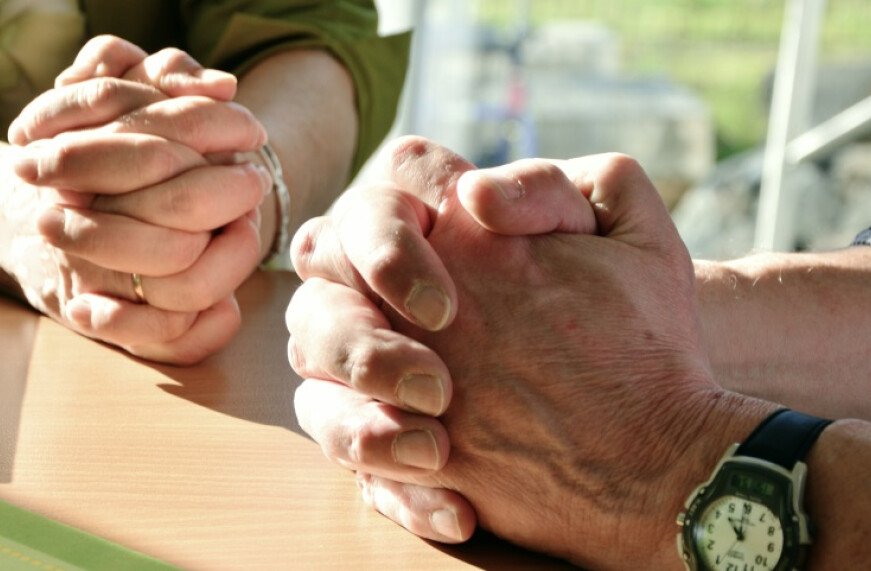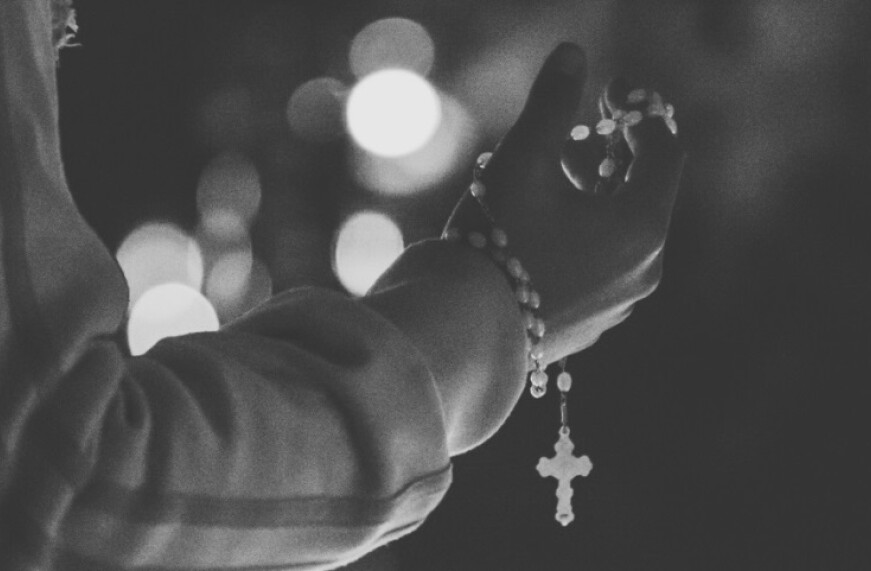In the Stillness

The angel of the Lord said to Elijah, “Go out and stand on the mountain before the Lord, for the Lord is about to pass by. Now there was a great wind, so strong that it was splitting the mountains and breaking rocks in pieces before the Lord, but the Lord was not in the wind; and the after the wind an earthquake, but the Lord was not in the earthquake; and after the earthquake a fire, but the Lord was not in the fire; and after the fire a sound of sheer silence. Then there came a voice to him that said, “What are you doing here, Elijah?” He answered, “I have been very zealous for the Lord, the God of hosts; for the Israelites have forsaken the covenant. I alone am left, and they are seeking my life, to take it away.” 1Kings 19:11-14
So often we are compelled to look for God in the “big” things of life. This reading reminds us that God actually dwells in the small things. His presence, unnoticed, unless we are intentional about noticing it – slowing down, turning off the noise. No grand gestures. No displays of divine magnitude. God doesn’t work that way at least not since Jesus. He comes in the stillness. In the silence. Humbly. He comes through prayer. It is not by accident that we are called to focus on prayer always but especially during Lent. As a school community, we are going to be slowing down our pace on purpose to engage the school in deep prayer each morning. We are purposefully using visualization exercises to connect each individual to Jesus in prayer. We hope that the practice will become habit. God lives in the stillness that prayer provides. Additionally, Elijah remains connected to God despite those around him falling away. Turning to God makes one feel less alone. Prayer is a balm for whatever ails us. God is there.


